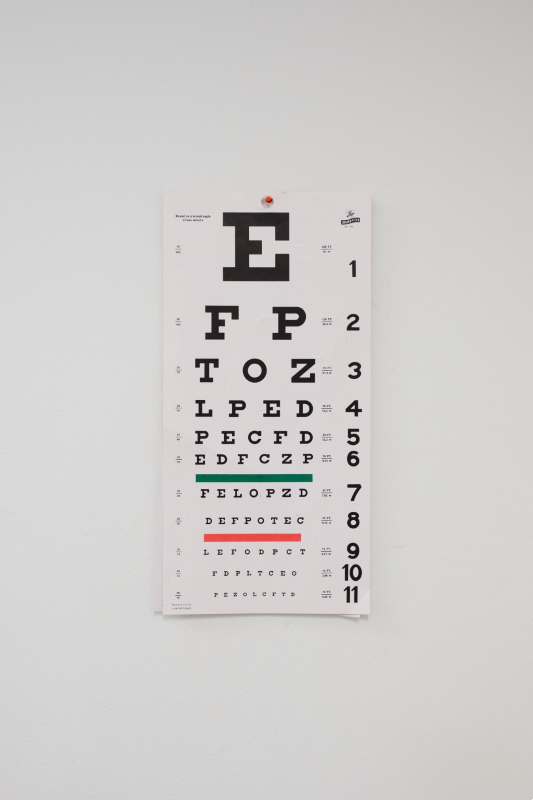
Incorporation is an important developmental step for any business. In a broad sense, incorporation generally indicates a growing or maturing operation. But more importantly, when a business is properly incorporated, it gets established as its own legal entity with its own liabilities, separate from the liabilities of its owners.
Determining the applicable type of incorporation for your particular business will depend on: 1) your occupation or type of business, and 2) the state in which you’ll operate. States permit most types of occupations to form the traditional incorporated business entities, such as Limited Liability Companies (LLCs) and corporations. The main exception being careers which are—according to state-specific regulations—“professional” occupations. Although the “professional” designation varies state-by-state, it typically includes licensed occupations, like doctors, lawyers, engineers, accountants, architects, and chiropractors.
Individuals that belong to these “professional” occupations generally cannot form the traditional incorporated structures like LLCs or corporations, but instead have the option to form professional entities, such as professional LLCs (PLLCs) and professional corporations (PCs). There are important differences between professional entities and their non-professional counterparts. For one, rules regarding professional entities vary dramatically by-state (for example, states generally don’t agree which occupations are considered “professional”). Perhaps more importantly however, professional entities don’t have the same liability protections as traditional incorporated structures.
Liability Protections for Professional Entities
Similar to traditional incorporated business structures, the main objective of PLLCs and professional corporations is to provide basic liability protections for owners. Remember, all incorporated businesses—professional entities and otherwise—are considered their own legal bodies, with obligations, assets, and debts separate from that of the owners.
The fundamental difference with professional entities, however, is that an owner is not protected from their own malpractice. Let’s reconsider the types of occupations that tend to be deemed “professional”: doctors, lawyers, architects, and financial professionals. Notably, these occupations necessitate a professional relationship between an expert and a client. In some instances, poor judgment or negligence on the part of the expert can result in harm to the client—be it physical injury, financial harm, or some other type of distress. In these situations, clients can claim malpractice for damages caused by their professional’s negligence. In the context of a professional entity, a PLLC or professional corporation cannot shield the owner from this claim.
In other words, owners of professional entities remain liable for professional malpractice claims brought against themselves, despite the fact that their incorporated business is properly formed. That’s not to say that professional entities are useless. Although owners aren’t shielded from claims brought against them, they are protected from the malpractice or negligence of their fellow owners or associates. A professional entity protects its owners from the malpractice claims of the other owners, but not their own malpractice or negligence.
Special Requirements for Professional Incorporation
Just like traditional incorporation, owners interested in incorporating a professional entity are subject to a number of requirements. For example, in order to form a non-professional corporation, owners are first required to file their Articles of Incorporation and await approval from the state. This is also true of professional corporations, with the exception that the business generally needs preliminary approval from a licensing board before filing their Articles.
This certainly isn’t the only requirement specific to professional entities. Let’s take a closer look:
Company Purpose
Professional entities are only allowed to provide the services of the licensed professionals. This must be the sole purpose of the professional entity, and expansion into other goods or services is strictly forbidden.
Insurance Requirements
In some states, certain types of professional entities are required to carry malpractice insurance. Keep in mind, a professional entity cannot protect its owners from their own malpractice, so if an owner is successfully sued for malpractice, damages must come from their pocket.
Professional Associations (PAs)
PAs can be tricky, as some states use the phrases professional association and professional corporation interchangeably. Conversely, a handful of states treat PAs as a unique type of professional entity, similar to professional corporations but technically different. It’s important to know the local regulations.
Non-Professional Ownership
For some professional entities, the entirety of their owners/shareholders must be licensed professionals, whereas for others, non-professional ownership is permitted to an extent—often times 50%. These rules also vary state-by-state.
Corporate Naming Rules
Professional entities may be subject to special restrictions when naming their business. Namely, professional entities are sometimes required to indicate their profession within the business name (ie. Stevens Law, PC). These rules are, once again, state-specific.
Per these requirements, it’s clear that rules and regulations governing the formation of professional entities vary dramatically state-by-state. In general, states handle professional incorporation differently and, in many ways, the aforementioned requirements are only the tip of the iceberg. For example, some states simply don’t allow PLLC formation. Likewise, state legislators tend to have different definitions of “professional”, rendering certain occupations subject to the rules of professional incorporation in some states but not others. In the end, it’s wise to consult an experienced attorney when considering business incorporation of any kind.
 January 14, 2020
January 14, 2020

